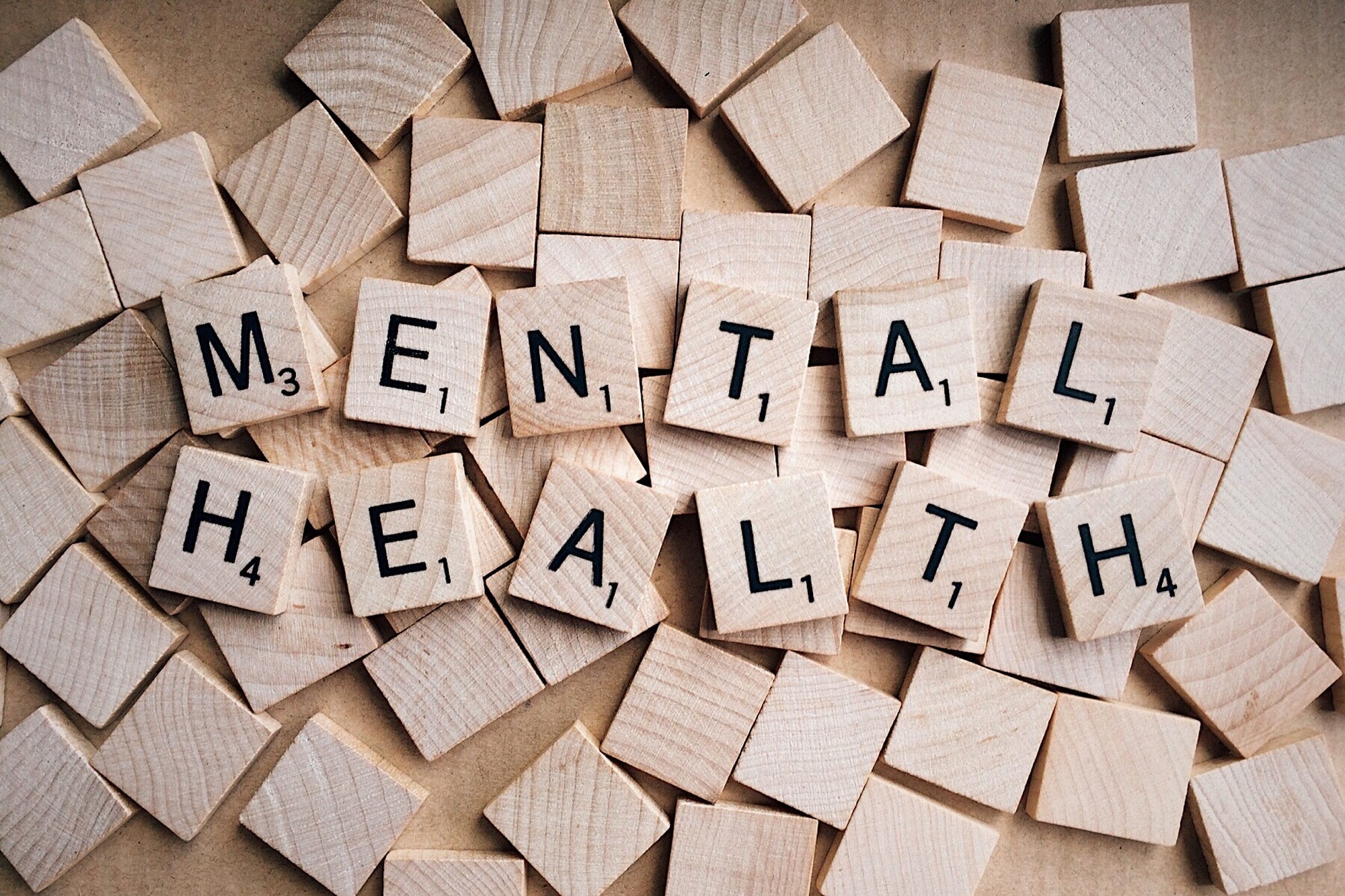Maintaining mental wellness goes far beyond regular meditation or positive thinking. Recent science uncovers an astonishing fact: your gut—the vast ecosystem inside your digestive tract—may be just as vital for your mood and brain health as your thoughts are. This intricate relationship, referred to as the “gut-brain connection,” is transforming our understanding of what it takes to feel balanced, calm, and energized every day.
As you read ahead, you’ll see why taking care of your digestive system can be one of the smartest steps toward a happier, more focused, and resilient mind.
What Is the Gut-Brain Connection?
The gut-brain connection describes how your digestive system and brain constantly communicate. This relationship is not just metaphorical—science confirms that the gut and brain send signals to each other through a vast network of nerves, hormones, and even microscopic bacteria.
Your gut is often called “the second brain” because it houses the enteric nervous system—a complex system of about 100 million nerve cells lining your gastrointestinal tract. These nerves communicate with the central nervous system, directly influencing emotions, stress levels, and mental clarity.
How Does Your Gut Influence Your Brain?
1. The Vagus Nerve: Primary Messenger
A long nerve called the vagus nerve acts as a superhighway, carrying messages between the gut and brain. When your digestion is out of balance—due to poor diet, infection, or stress—your brain picks up on these signals, sometimes resulting in anxiety, foggy thinking, or even depression.
2. Neurotransmitter Production in the Gut
Surprisingly, a significant percentage of your body’s serotonin and dopamine (key chemicals for emotional stability and motivation) are produced in the gut. An unhealthy digestive tract can upset the production of these neurotransmitters, affecting your mood and overall mental health.
3. The Microbiome: Your Internal Ecosystem
Your gut is home to trillions of microbes—collectively known as the microbiome. These bacteria don’t just digest food; they also craft compounds that influence inflammation, hormone balance, and neurological health. An imbalance in gut bacteria (called dysbiosis) has been linked to mood disorders, ranging from stress to serious depression.
Signs Your Gut May Be Affecting Your Mental Wellness
It’s often overlooked, but these subtle cues can suggest that your brain and gut aren’t in sync:
- Persistent fatigue or lack of mental clarity
- Sudden changes in mood, anxiety, or irritability
- Trouble sleeping or irregular sleep patterns
- Unexplained digestive issues (bloating, discomfort, constipation, diarrhea)
- Cravings for sugar or processed foods
Noticing a few of these signals may mean that supporting your gut could boost your overall sense of well-being.
Scientific Evidence: Gut Health and Mood Disorders
A growing body of research confirms that:
- People with irritable bowel syndrome (IBS) are more likely to struggle with anxiety or depression.
- Chronic stress can negatively impact the composition of gut bacteria, leading to chronic inflammation and increased vulnerability to mental health issues.
- Probiotic use, which helps balance gut bacteria, has been shown in several studies to reduce feelings of sadness and anxiety in some individuals.
While research is ongoing, these findings are opening doors to new approaches to mood management and cognitive well-being.
The Role of Diet in the Gut-Brain Axis
Probiotics and Prebiotics: Food for a Happier Brain
Adding probiotics (beneficial bacteria found in fermented foods like yogurt, kimchi, and kefir) and prebiotics (fibers that feed healthy gut bacteria, found in garlic, onions, and bananas) to your diet can help restore and maintain gut balance. These foods don’t just improve digestion—they may directly lift mood and sharpen thinking.
Avoiding Gut Disruptors
Limiting processed foods, excessive sugars, and artificial additives protects the delicate balance of the microbiome. A Mediterranean-style diet rich in fruits, vegetables, whole grains, lean proteins, and healthy fats provides ideal fuel for both gut and brain.
Stress, the Gut, and Your Emotions
When you’re stressed, the brain triggers the “fight or flight” response, which slows digestion and alters the immune response in your gut. Chronic stress can even shift gut bacteria toward a profile that makes anxiety and depression more likely. Practices like deep breathing, mindfulness, and regular exercise help keep the gut-brain axis balanced and resilient.
Practical Tips for Improving Your Gut-Brain Health
Ready to nurture both mind and gut? Try these daily habits:
- Eat more fiber: Whole vegetables, legumes, and seeds feed beneficial gut bacteria.
- Load up on fermented foods: Add a serving of yogurt, sauerkraut, or pickles to your meals.
- Stay hydrated: Water is vital for healthy digestion and mental alertness.
- Minimize antibiotics (when possible): While sometimes necessary, overuse can wipe out helpful gut bacteria.
- Prioritize sleep: Rest repairs your gut lining and encourages a balanced mood.
- Manage stress: Yoga, nature walks, or even laughter work wonders.
Gut Feelings: Trusting Your Second Brain
It’s no coincidence that expressions like “gut instinct” or “butterflies in your stomach” exist. These phrases capture a biological truth: our emotions and digestive health are intimately linked. Learning to listen to your gut, both physically and emotionally, can guide you toward smarter health decisions.
When to Seek Help
While improving gut health naturally can make a big difference for mild mental health concerns, it’s important not to self-diagnose. If you experience ongoing severe depression, anxiety, or digestive distress, reach out to a qualified healthcare provider for personalized support.
Conclusion: A Healthier Gut, A Happier Mind
The evidence is clear: your digestive system is a powerful partner in protecting your mental wellness. By making conscious choices—like eating diverse, gut-friendly foods, managing stress, and getting enough sleep—you can support both mind and body.
Start today by nourishing your gut, and your brain will thank you with clearer thoughts, balanced emotions, and a greater zest for life.
Call-to-Action: Want to boost both your gut and brain health? Subscribe now for science-backed tips, delicious recipes, and inspiring wellness guidance delivered to your inbox each week!






